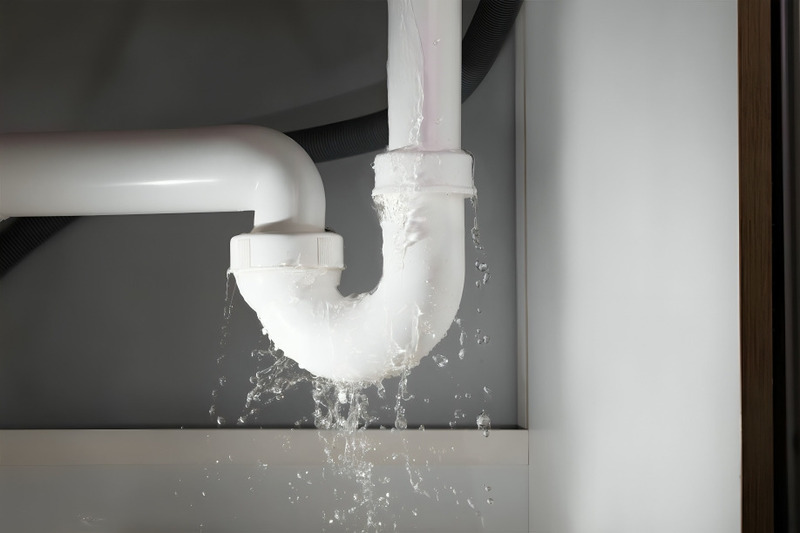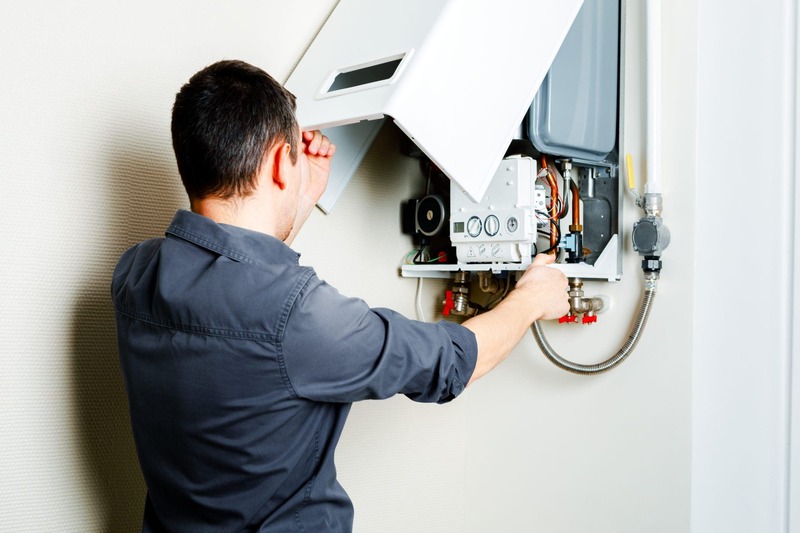In this article, we’ll explore the common reasons why your boiler might be leaking water, what you can do about it, and when it’s time to call in a professional.
What is a Boiler?
Before we dive into the causes of a leaking boiler, let’s take a moment to understand how a boiler works. A boiler is a crucial part of your home’s heating system. It heats water and sends it through pipes to radiators or underfloor heating systems, keeping your home warm and cozy. It also provides hot water for your taps and showers. Because boilers involve both water and heat, even a small leak can lead to bigger problems if not addressed quickly.
Common Causes of a Boiler Leaking Water

There are several reasons why your boiler might be leaking water. Some issues are minor and easy to fix, while others may require professional help. Let’s take a look at the most common causes:
High Pressure
One of the most common reasons for a boiler leak is high pressure. Boilers are designed to operate within a specific pressure range, usually between 1 and 2 bars. If the pressure is too high, it can cause water to escape through the pressure relief valve, leading to a leak.
- How to Fix It: Check the pressure gauge on your boiler. If it’s above 2 bars, you can try bleeding your radiators to reduce the pressure. If you’re not sure how to do this, consult your boiler’s manual or call a professional.
Corroded or Damaged Pipes
Over time, the pipes connected to your boiler can corrode or become damaged. This is especially common in older boilers. Corrosion weakens the pipes, making them more likely to crack or leak.
- How to Fix It: If you suspect corroded pipes, it’s best to call a heating engineer. They can inspect the pipes and replace any that are damaged.
Faulty Seals or Valves
Boilers have several seals and valves that help keep water contained. If these components wear out or become loose, water can start to leak.
- How to Fix It: A heating engineer can check the seals and valves and replace any that are faulty. Regular maintenance can help prevent this issue.
Cracked Heat Exchanger
The heat exchanger is a vital part of your boiler. It transfers heat from the burner to the water. If it cracks, water can leak out. This is a serious issue that requires immediate attention.
- How to Fix It: A cracked heat exchanger usually means you’ll need a new boiler. Contact a professional to assess the situation.
Loose Connections
Sometimes, the connections between the boiler and the pipes can become loose over time. This can cause water to drip or leak.
- How to Fix It: Tightening the connections may solve the problem. However, if you’re not confident doing this yourself, it’s best to call a professional.
Condensate Pipe Issues
If you have a condensing boiler, it produces condensation that is drained away through a pipe. If this pipe becomes blocked or frozen, water can back up and leak from the boiler.
- How to Fix It: Check the condensate pipe for blockages or ice. If it’s frozen, you can try thawing it with warm water. If the problem persists, call a professional.
What to Do If Your Boiler Is Leaking

If you notice your boiler leaking water, here are some steps you can take:
- Turn Off the Boiler: Safety first! Switch off your boiler to prevent further damage or risk of electric shock.
- Turn Off the Water Supply: Locate the water supply valve and turn it off to stop the flow of water.
- Clean Up the Water: Use towels or a mop to clean up any water to prevent slipping or damage to your flooring.
- Check for Obvious Issues: Look for loose connections or visible damage. If you’re unsure, don’t attempt to fix it yourself.
- Call a Professional: For most boiler leaks, it’s best to call a qualified heating engineer. They can diagnose the problem and recommend the best course of action.
Preventing Boiler Leaks
While some boiler leaks are unavoidable, there are steps you can take to reduce the risk:
- Schedule Regular Maintenance: Have your boiler serviced annually by a qualified engineer. This can help catch small issues before they become big problems.
- Monitor the Pressure: Keep an eye on your boiler’s pressure gauge and adjust it if necessary.
- Insulate Pipes: In colder months, insulate your pipes to prevent freezing and potential leaks.
- Replace an Old Boiler: If your boiler is more than 10-15 years old, it may be time to consider a replacement. Newer models are more efficient and less prone to leaks.
Final Thoughts
A leaking boiler can be stressful, but understanding the common causes and knowing what to do can help you handle the situation with confidence. Remember, regular maintenance is key to keeping your boiler in good working condition and preventing leaks. If you’re ever in doubt, don’t hesitate to seek professional help. Your boiler is an essential part of your home, and taking care of it will ensure it keeps you warm and comfortable for years to come.
